Meet Chris Ungco | Cinematographer & Producer
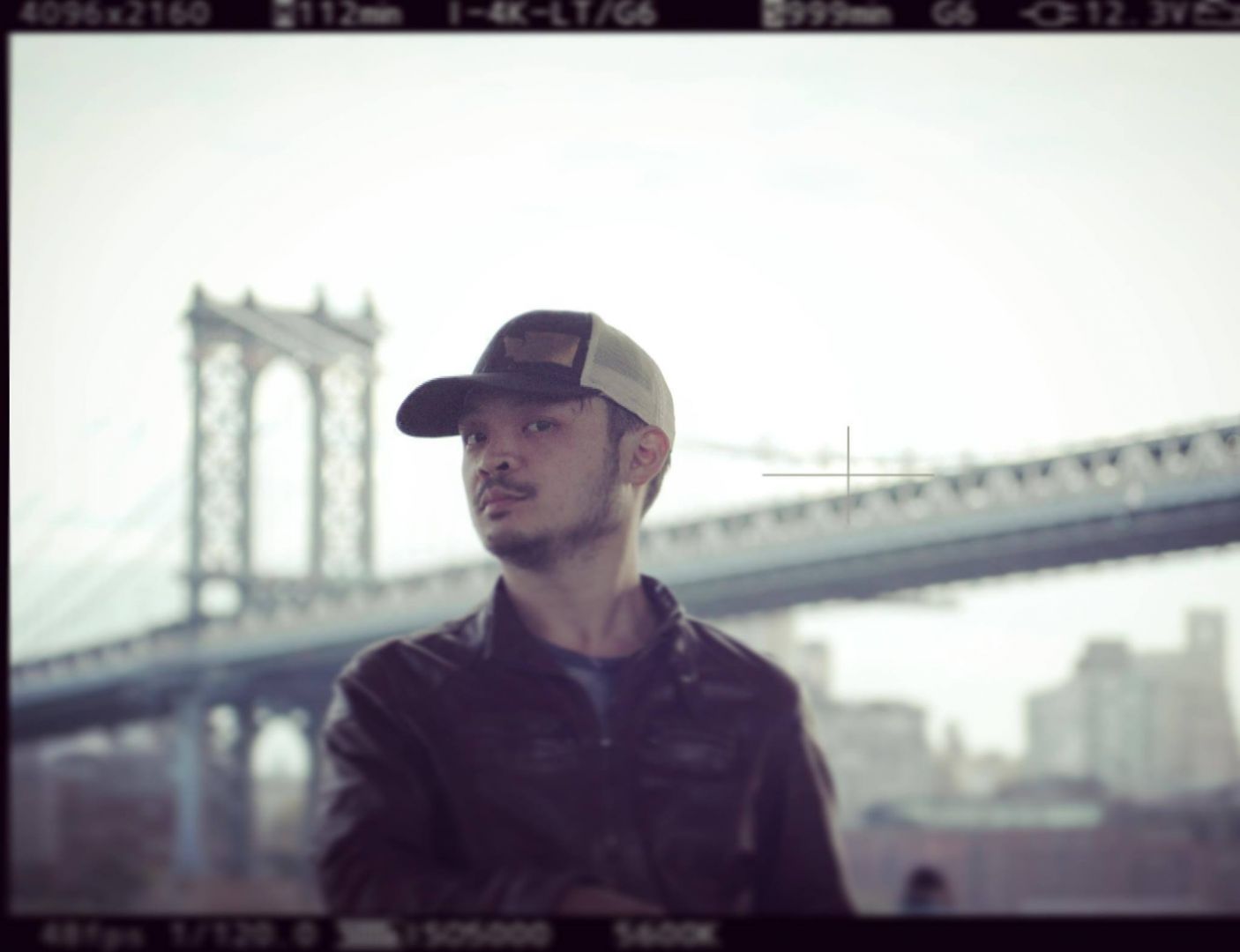
We had the good fortune of connecting with Chris Ungco and we’ve shared our conversation below.
Hi Chris, how has your work-life balance changed over time?
If you could go back in time…What would You change?
At first there was no balance at all, just the feeling that I had to be closer to the city to get what I wanted. I would crash on my friends’ couches while I worked random assistant or camera operator jobs from craigslist, and when I did move to the city it was with this feeling of spending my new life always working to pay rent and live cheaply but happily in Brooklyn.
But there was this crushing pressure, also, to pay back student loans and to meet and friend two new people on each set, really try to connect with them, and hopefully get a gig or give a gig to them in the future.
Then there are those people whom always seem to be getting the cool jobs, and the good pay, even when it seems like you and no one else in your circles are working.
They say that comparison is the thief of joy, and there is certainly a quiet//loud competitiveness between people in our industry. I see people go down this road and it always leads to saltiness.
When I feel envious of the other sets I see people post on Social media, I can get anxious or want to redo some part of my history…
But that’s not the point.
That’s not why I got into filmmaking in the first place.
I think to myself, “How much of me wants to be like this other person?”
And I usually conclude, “Almost no part of me wants to be like this person”, and they couldn’t be like me either, when I stop to think about it.
I got involved in film because I found it gave me a voice and a way of expressing myself when I was just an awkward 19 year old student who liked sun flares, and how light bounced off different objects, and was struggling to determine his BIPOC racial identity in White Suburbia. Movies were the expression of control and narrative, and I buried my feelings of inadequacy in them.
How do you find the balance? And what does it cost?
It costs Resolve.
I’m still finding my balance point but I think I float best at that point of being more involved and getting less hung up.
Working in Film Is a constant study in Art and Entitlement.
When you can’t get what you want, work on something else. Don’t just lie there as if dead. Build your skillset. Redefine how you see yourself as a participant in the World.
The Work Life Social Balance means that Getting Good at this will require working with people both older and younger than you with different life experiences and opinions and yet still be making decisions towards a common goal, or mediating the balance point in the group so that things don’t fracture.
My balance now is choosing how much of myself I can see and be in the work. Even if it’s an assisting job, I ask questions now. When I get a text or a call from a producer I haven’t met, I ask them what the approach is on this project, what’s the setup like,..I like to give them a chance to explain in their own fashion. But I don’t try to push them too much. I keep it pretty casual. Asking questions means you care, you want to have a connection to the work. You want it to mean something to you or mean something to someone you can connect with so that you’ll work to get it across the finish line instead of grumbling and waiting to clock out.
Some producers don’t like that. And there is even a mentality for some that a person asking questions might be ‘incompetent’ But I trust my gut. “You’re building the spaceship as you fly it. You better kick the tires first to check the pressure..”
If they don’t like what you ask in order to best prepare..for THEIR project…Then just imagine how awful your cooperation might be on the day when you’re on set together butting heads.
I try not to work on anything that dispirits my feelings about representation or reinforces a stereotype. We pretend it doesn’t happen, but it happens still all the time. Even recently I went to Day 2 of a shoot wearing a shirt that said “Be Kind” because the anxious Creative was starting to become rude.
But You come around all that when you mature to accept who you are, and that Who people will see you to Be, will still be out of your control. You can only do what feels right in your gut. You can’t jump on every job like you can’t waste time pulling up your fishing line for the smaller fish. But do your homework. If You want to be in the field you have to be in the Culture. There are many cultures in film to look into.
And talking to and nurturing relationships with people who aren’t in film is also definitely important to keeping yourself grounded.
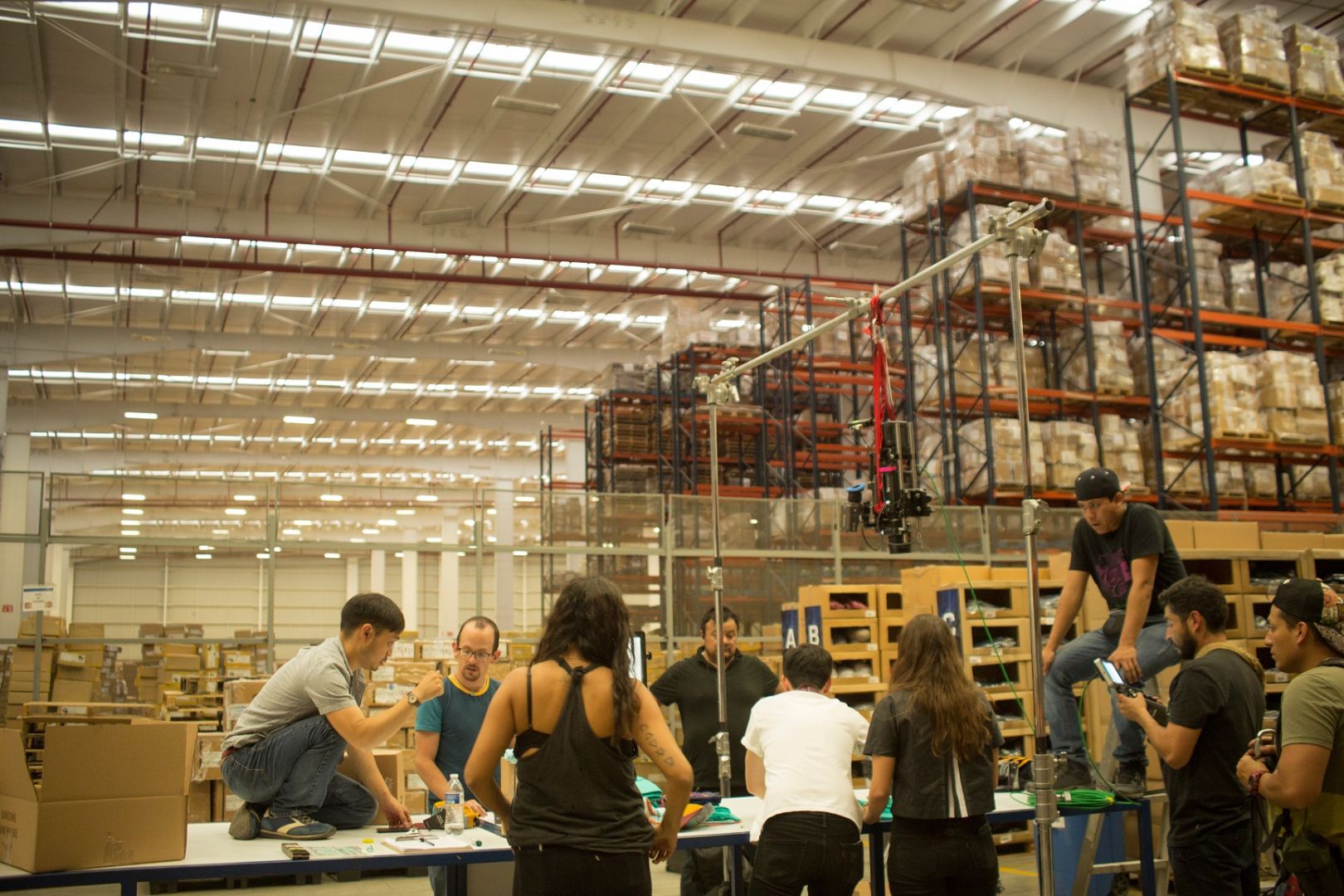
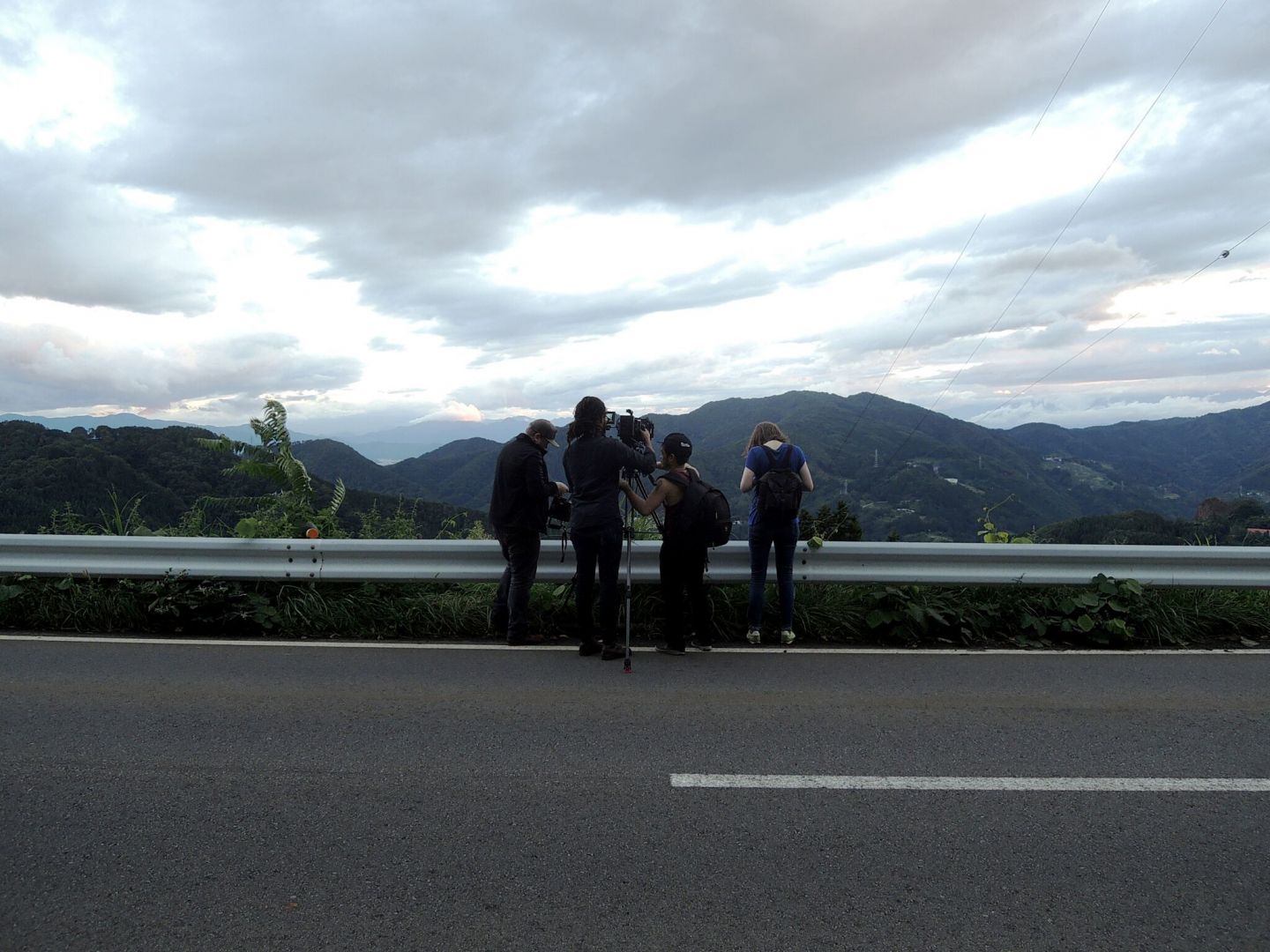
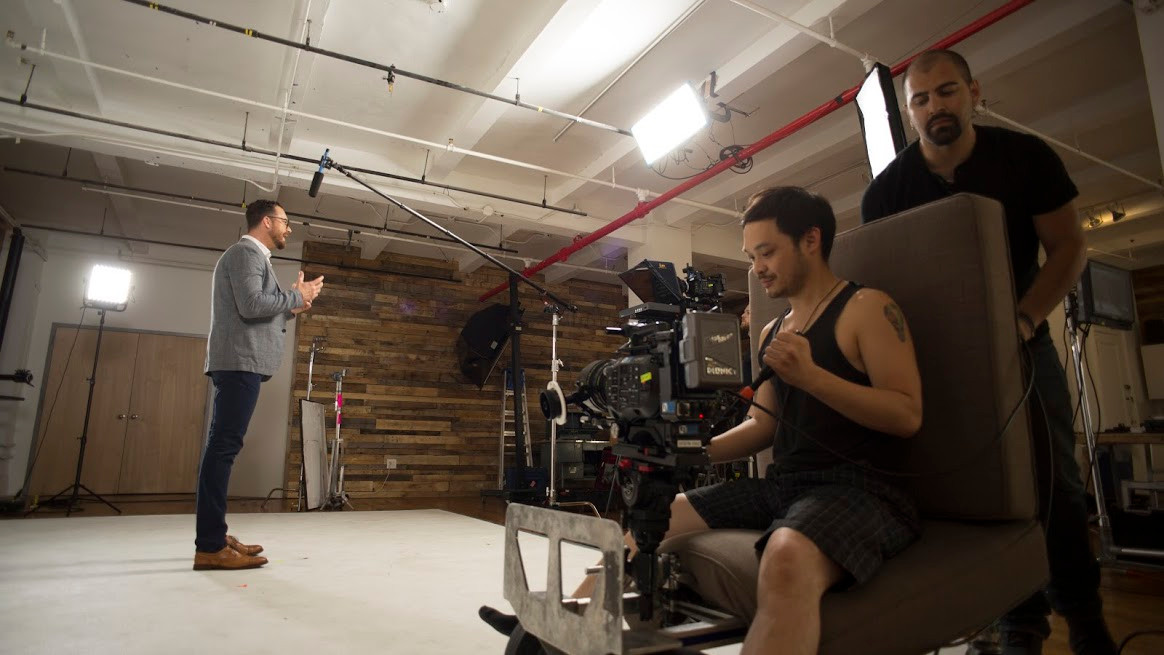
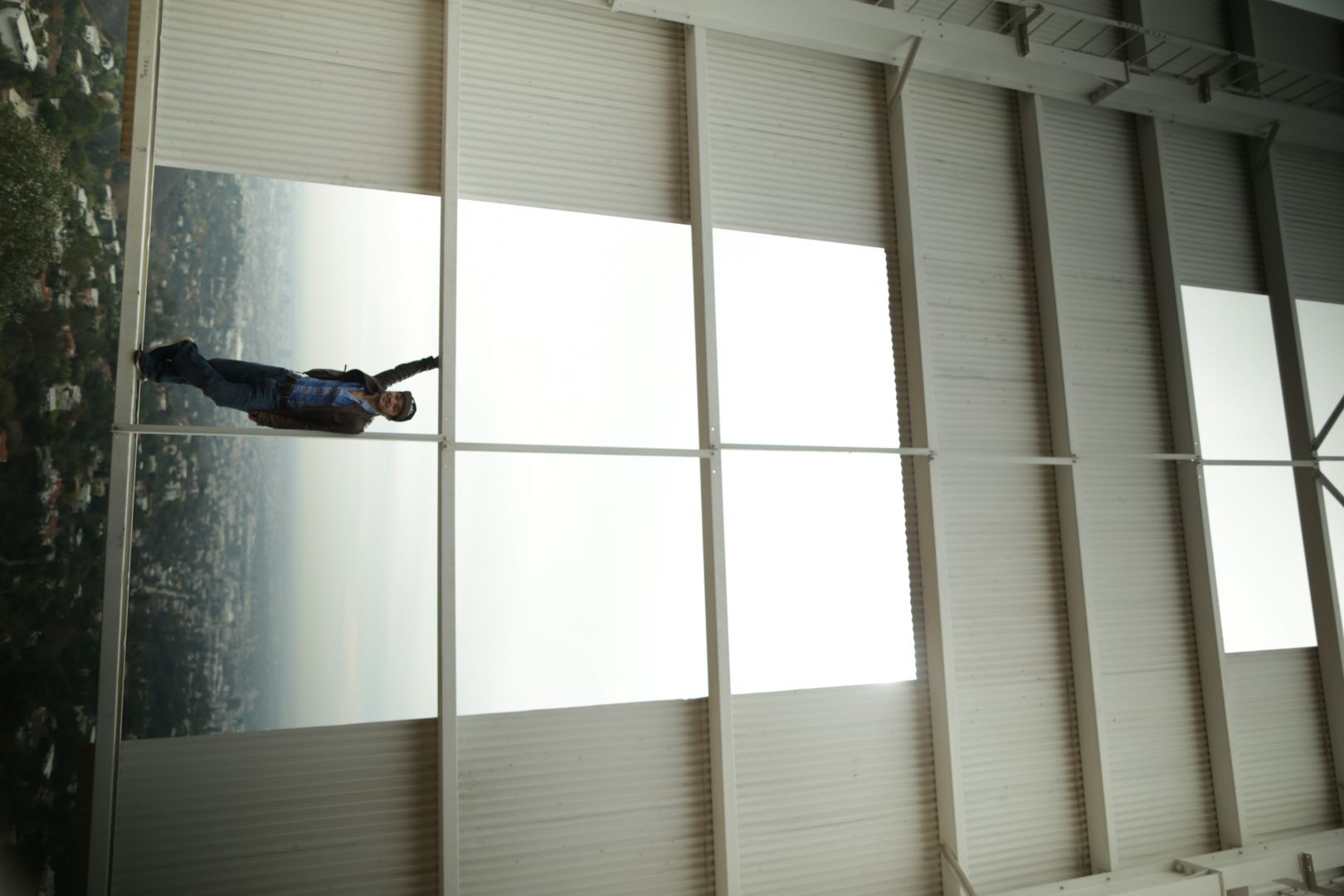
Alright, so let’s move onto what keeps you busy professionally?
A film career is like fishing. You need to be by a good stream and have the best bait you can carry to catch the good jobs. But there are a lot of people who have been ahead of you at the stream and it’s hard to find space and can be challenging to find your voice because finding work is not straightforward. You need to check in with yourself every so often and make a list of things to do and keep refining that list.
Refreshing sources of inspiration is important to refining your taste and discovering your own methods of stimulating creativity.
When I was coming up they used to refer to DPing as “painting with light” but I see it more now as Empowering Your Subject and finessing the rest.
If you had a friend visiting you, what are some of the local spots you’d want to take them around to?
Baldwin Hills Scenic Overlook World Market at the Grove
Mar Vista Skating Rink
Biking/Skating up the Boardwalk
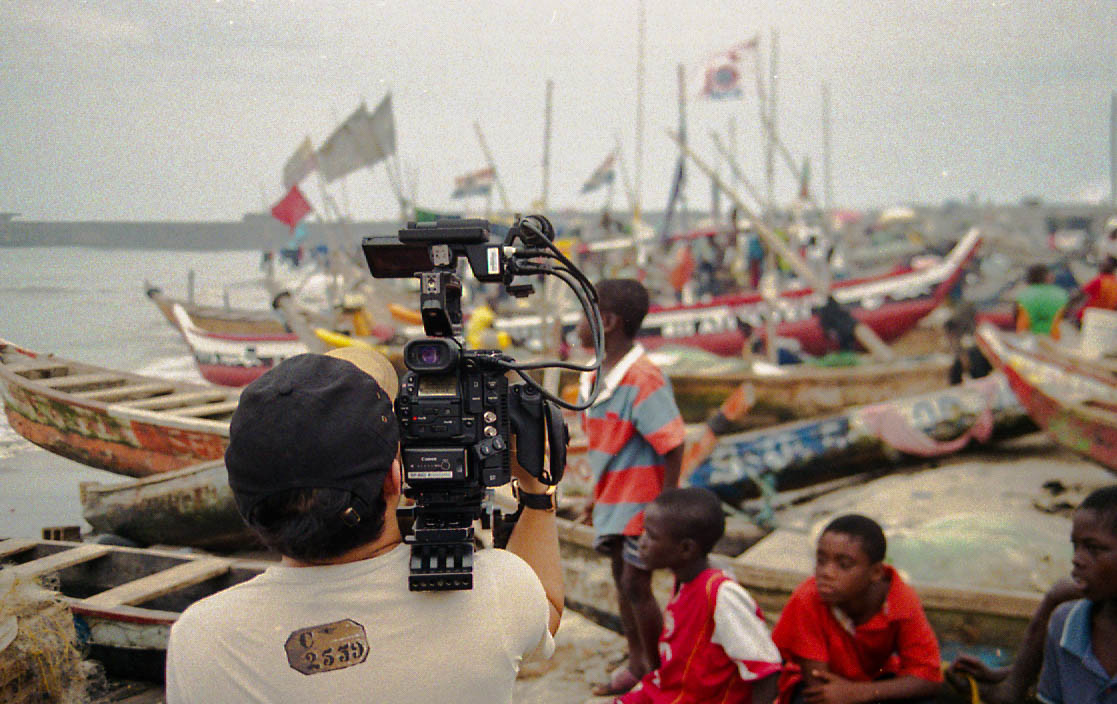
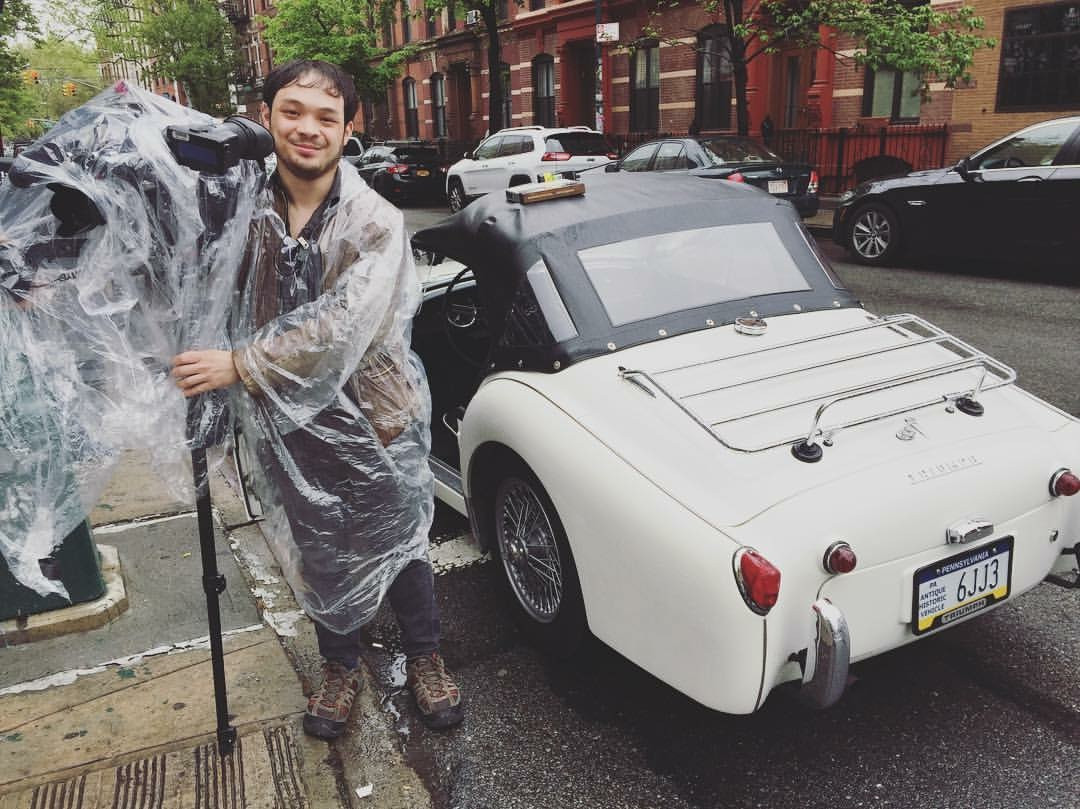
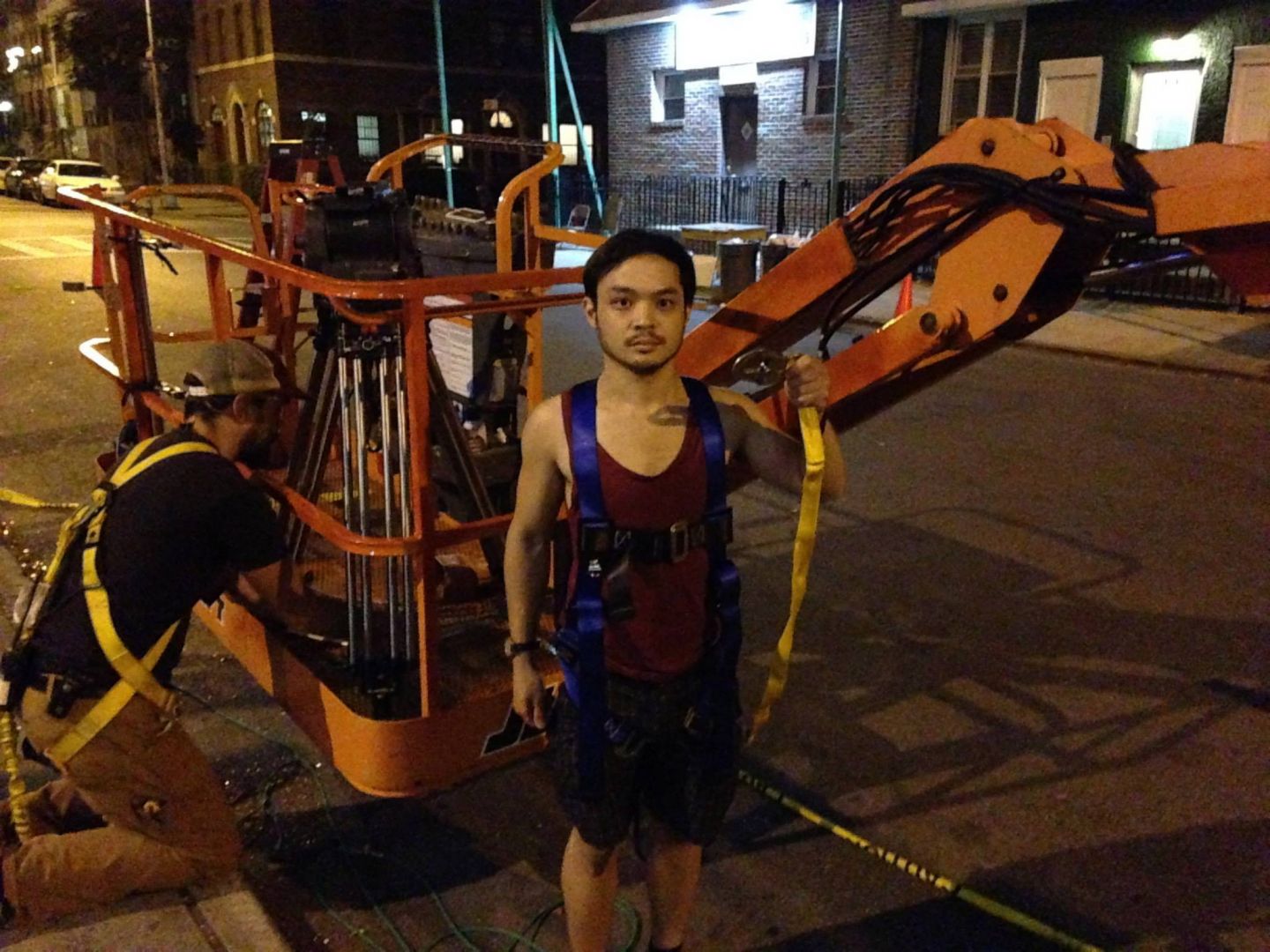
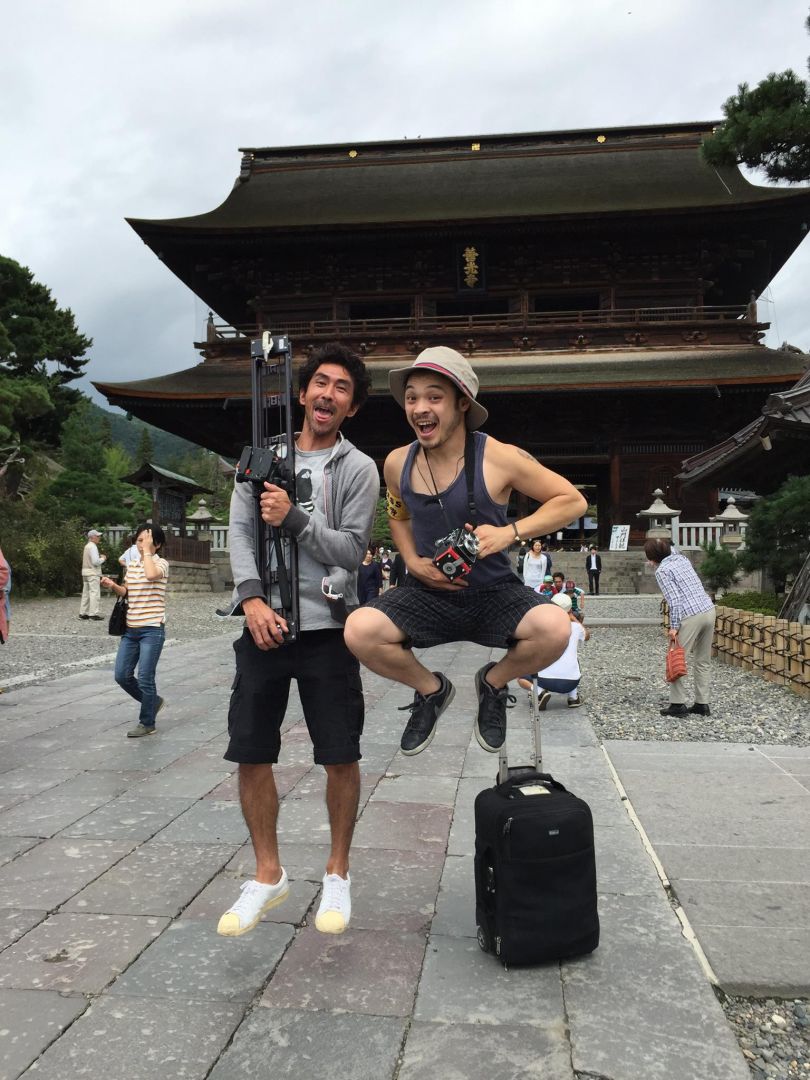
Who else deserves some credit and recognition?
LanaBoy, Ben Patton, I Was There Film Workshops, Suite Spot, Rommel Genciana, Joe Tomcho, Dan Mecca, Emmett Ferrer, Stevie Rappa, and Katy Albright.
Website: chrisungco.com
Instagram: chrisungcodp
Other: filmsbyube.com
Image Credits
Ube Films
